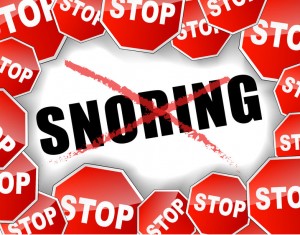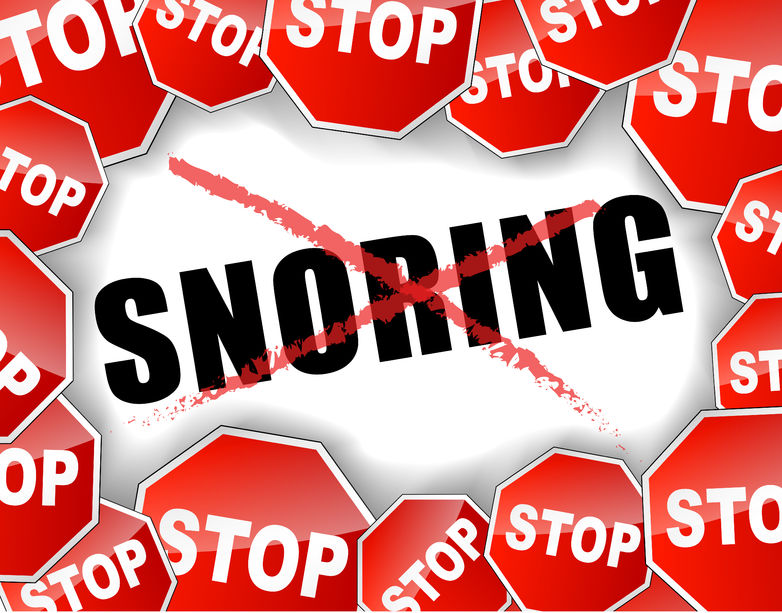While in the past snoring was simply considered to be an annoying habit, today we know that it’s not something to be ignored. According to the president of the American Academy of Sleep Medicine, Dr. M. Safwan Badr, snoring is a sign that something is going on as you are spending too much energy breathing.
Snoring could be a sign of sleep apnea, a chronic sleep disorder characterized by pauses in breathing during sleep. Snoring has been associated with diabetes, cardiovascular disease, and obesity. If you are looking to solve your snoring problem, take a look these products on the market along with Dr. Badr’s recommendation of its usage:
Nasal strips:
Just say no. Dr. Badr suggests that you save your money as these strips don’t usually work. Typically, snoring caused by narrow nasal passages happens at a level deeper than a sticky strip can fix.
Losing weight:
Go for it! Weight loss has been proven to be an effective way to stop snoring. Excess weight adds tissue that presses against the neck restricting airways, leading to the vibrations that cause snoring. Not to mention, losing excess weight carries a number of additional health benefits!
Fancy pillows:
Just say no. Although, better pillows may increase your comfort and add to the beauty of your bedroom, Dr. Badr says that you probably won’t stay in a sleep position long enough to allow your neck to expand or narrow your airways.
Sleeping with a humidifier:
It just might work. If you think your snoring may be caused by nasal congestion or allergies, try sleeping with a humidifier in the same room; it will make the air less irritating. There are no negative consequences even if it doesn’t work out for you.
Skipping that nightcap:
Go for it! If you snore on occasion, you may find relief in saying no to alcohol before your bedtime. Alcohol relaxes muscles, keeping your airways open. It’s always a smart idea to avoid a nightcap for high-quality sleep even if you don’t snore, alcohol is known to disrupt your ability to get into a deeper sleep.
Nasal valves:
It just might work. The FDA has approved nasal valves for the treatment of sleep apnea, and as an added bonus, they may be available over the counter for snoring as well. On the other hand, they are cheap and are made for one-time use only.
Sleeping on your side:
Go for it! There is greater pressure on your throat when you sleep on your back, so shifting to your side can alleviate snoring issues. Experts recommend this neat trick to make the change: place a tennis ball in the front breast pocket of an old shirt. Sewing it in place will ensure it does not move. Before going to sleep, put the shirt on backwards. This will make it physically uncomfortable to sleep on your back.
Oral devices:
Consider it later. Give the other options a chance, including continuous positive airway pressure (CPAP) therapy, which is the most recommended treatment for people with sleep apnea. A mouth guard can be helpful, but be sure to have a sleep apnea diagnosis to avoid the expensive price tag.
Surgery:
Consider it as a last resort. According to Dr. Badr, surgery is considered for patients with severe sleep apnea whose CPAP treatment was ineffective. Going under the knife shouldn’t be taken lightly, so be sure to thoroughly speak your physician.
Don’t ignore snoring habits, especially if you’re struggling to maintain your energy during the day and/or if you have other health conditions. Getting high-quality sleep without sleep disturbances will better your health overall and give your bedtime partner an opportunity to sleep better as well.



No comments yet.